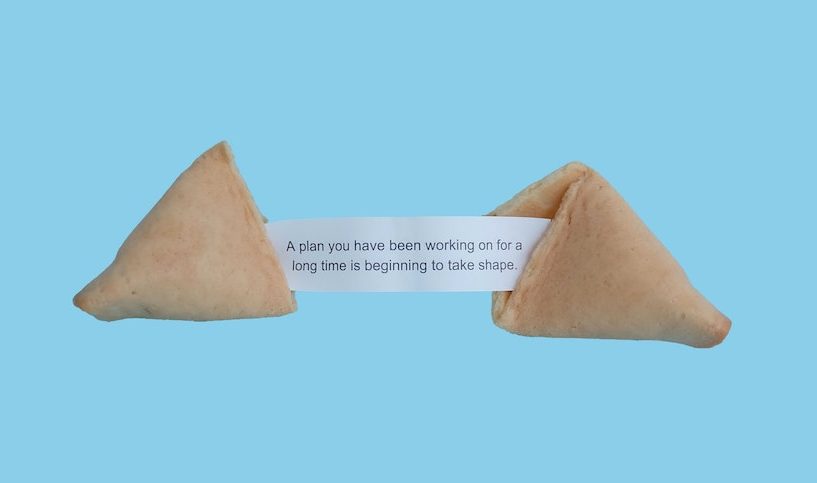There’s no denying that we all go through life expecting certain things to happen or be. We feel entitled to holidays and bonuses. We wait for weekends so we can meet friends and go to dinner parties. We toil at our jobs knowing that we will get paid at the end of the month. We go to school and expect to attend our own graduation ceremonies. It is just part of the collective human experience. It is often what drives us to do difficult things and sometimes we just assume we are owed good things. But what happens when uncertainty becomes the norm and everything we thought was concrete is no more?
Part of the reason we are struggling right now, is not knowing. We do know that things are going to change, but will they change for the better? Will our lives ever go back to normal? And if they don’t, will it be a form of normal that we can tolerate? And herein lies the problem: Comparing this new existence to a way of life that might as well should be left in the past.
It turns out that our happiness is not really determined by the outcomes of life, but rather by the difference between reality and what we thought would happen. According to research conducted by neuroscientist Robb Rutledge and his team:
“We used computational modeling to show that happiness in our experiments is explained not by earnings, but by the combined influence of recent reward expectations and prediction errors resulting from those expectations. That means happiness depends not on how well things are going, but whether things are going better than expected.”
So, it is out of our belief in science (not our desperation) that we are going to start expecting less. So we trawled the internet for different tips and tricks that might help us (and you) put a cap on desires and self-set goals.
Starting with a clean slate seems to be the best place to start. After some soul searching you might even realize that the things you think you want are not self-serving and were just created by society around you. Reflecting on your beliefs and values might help you sort things out before you start.
Once you know what you really want, choose realistic goals that you can actually accomplish. Even if you fail, you know you can try again.
Learn to differentiate between your needs and your wants. This might sound like something they teach kids in Kindergarten, but trust us, we all forget. We think we need a new shirt or to buy a new car, but we don’t need these things to live. We definitely need to eat healthy and find a community that loves and accepts us. Focus on the necessities for now.
Give the people around you some slack. Expecting less from others, will help you feel better. Especially at a time when everyone around you is dealing with their own issues, it is unfair to be asking them to do more. It might even liberate you to start setting healthy boundaries for others so they expect less of you. This will be a lot easier said than done, especially with job pressures and an increasingly shrinking economy, but it is a strategy that will pay off in the long run.
After all this work, you might still find yourself dealing with disappointment, and that’s ok, try practicing radical acceptance instead of wallowing in misery. It can be a life-changer because you will surrender to life and how it happens, things just are and sometimes it is not your fault.
None of us is ever going to have zero expectations in life, which is a good thing, because how else will we find the drive to change ourselves and the world? But in times of scarcity and uncertainty, we choose to focus on the things we can control instead of trying to bend the world to our will, and we can definitely do it in a way that helps us instead of harms us.
Have a great tip we missed? DM us on Instagram @bazaargram and let us know, we love hearing from you. Photo by Elena Koycheva on Unsplash.










